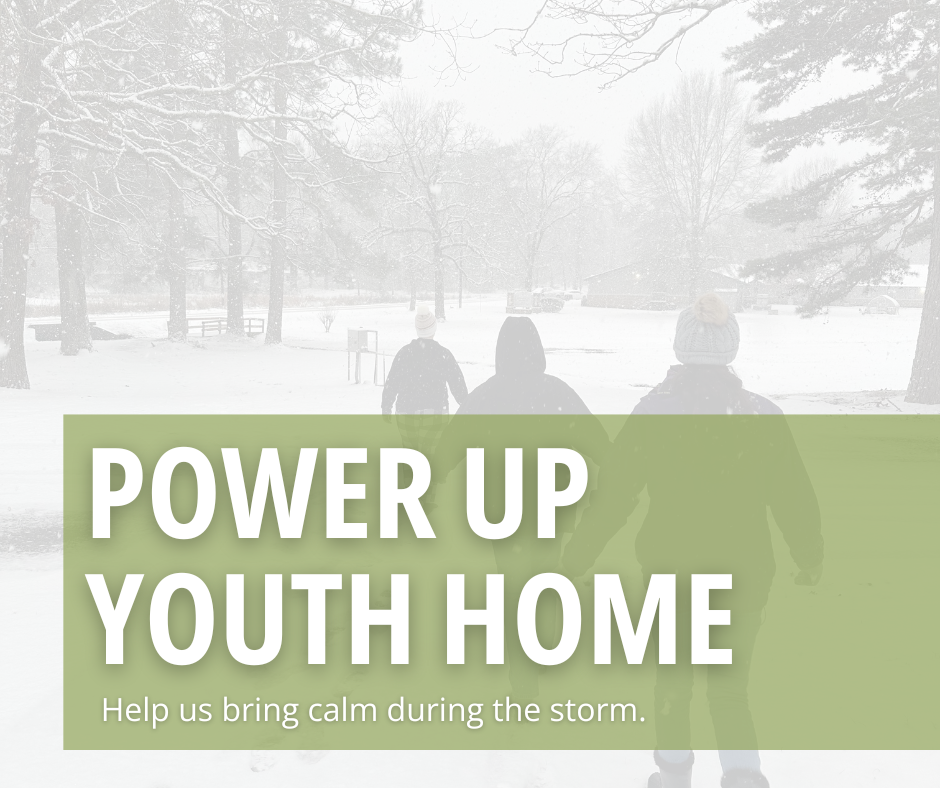Early trauma can greatly impact the brain, resulting in reactive attachment disorder (RAD). Kids don't outgrow RAD. Those who raise them can't "good parent" RAD away.
Here's what you can do to support parents of kids with RAD:
5 Ways to Support Parents of Kids with Reactive Attachment Disorder
Don't Judge. It's easy to look at a parent who is struggling with their child and assume they need to try different parenting approaches. However, know that RAD is a serious mental health affliction, not a parenting issue. Rather than judge a parent of a child with RAD, remind yourself that you’ve likely never walked in their shoes. Parenting is not a “one size fits all” experience. All kids are different.
Be there, even from afar. Raising a child with RAD is difficult and lonely. Friends and family usually don’t understand the disorder and many people unfairly place blame on parents for their child’s struggles. Let parents know regularly that you’re thinking of them. Understand, however, if they can’t accept your invitations to coffee or if they reply to your texts a week late. They're dealing with a lot.
Do some research. Get online and find resources written by parents of kids with RAD. You’ll gain a much better understanding of what parents go through. After you learn more, you can ask parents informed questions and perhaps offer help where you can. (View RAD Resources Here)
Talk about your "normal life" (without boasting). To raise kids with RAD often means regular chaos. Many parents long to hear about “normal” things such as your new puppy or a sale you found on your favorite food at the grocery store. Just try not to boast about your own child. As much as they’d be happy for you, they may feel embarrassed or inferior that they and their child are merely getting by.
Listen to and believe the parents. The most important thing you can do is to really listen to parents of kids with RAD. Give them a safe place to share their experiences. A symptom of RAD is manipulation. So while parents often experience their child’s extreme behavior dysregulation, you may only see a well-mannered and charismatic child. Honor the parent's trust in your, believe what they tell you, and respect their parenting choices.
Have Mercy on Their Caregivers
While raising a child with RAD, primary caregivers often:
- Must remain calm yet vigilant about the physical and mental wellness of the whole family in the midst of incessant arguing and bouts of rage from the child
- Attempt to attach emotionally to the child but are repeatedly rejected
- Are falsely accused of abuse, neglect, etc. by the child due to the nature of the disorder (to reject attachment)
- Are blamed by and ostracised from their community, friends and family due to the confusing and deceiving nature of RAD, including false allegations
- Lack personal and professional support due to an overall lack of accurate education about RAD
- Notice negative changes within self and family outside of their control
- RAD is a serious mental health disorder that inhibits a child's ability to trust primary caregivers and leads to maladaptive self-protective behaviors. Those raising children with RAD often develop post-traumatic stress disorder (PTSD).
Because of this, parents of children with RAD really need all of the support they can get. Thank you for being researching and involving yourself in ways to support families who have a child with RAD. Your continued support will go a long way.
Reactive Attachment Disorder Therapy
If you've tried many of these things to no avail, are feeling unsafe in the home, or like outpatient therapy is just not meeting the needs of your child - we understand. There is not quick fix for Reactive Attachment, and we know from years of experience that this disorder in particular is really hard on parents.
Youth Home's RAD treatment program was designed with your child in mind, and focuses on social skills, empathy, regular game play, healthy interactions, education and community contribution. If you think you're child could benefit from a more intensive/long-term treatment program, we hope to be a tool for you.
We are TRICARE® In-Network | East & West
Get to Know youth home!
Our mission is to equip and empower youth, adults, and families to become healthier and contributing members of the community by providing compassionate psychiatric and behavioral health care.



